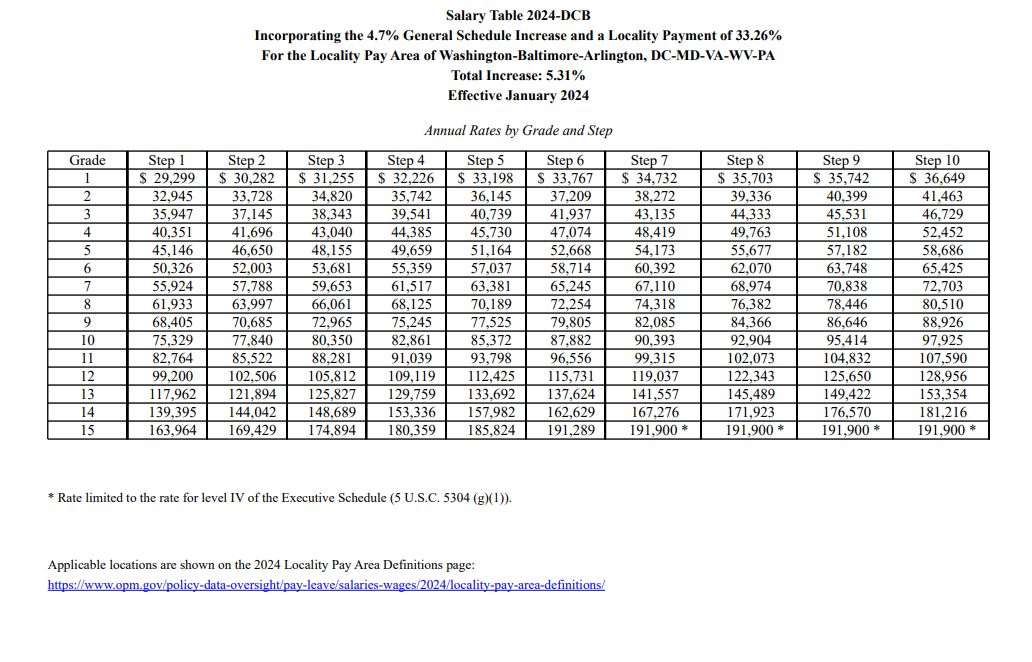On Friday, January 19, 2024, funding for USDA, FDA, DOE, and NRC is set to expire while funding for the remaining NTEU-represented agencies expires two weeks later on February 2, 2024. Despite the announcement of a top-line funding agreement for FY 2024 that is consistent with the Fiscal Responsibility Act (FRA) passed last year that avoids the deep funding cuts proposed by the House, there is still no agreement on funding levels for the 12 appropriations bills and the agencies and programs funded by them.
While the leaders announced a top-line deal, some hardline House Republicans have blasted the deal and urged Speaker Mike Johnson (R-LA) to abandon it. Representative Ralph Norman (R-SC) said that he wants to shut down the government unless President Biden closes the border, a position that several other House Republicans are espousing. Representative Jim Jordan (R-OH) said that he wants a year-long CR, which, under the FRA, would lead to big cuts in domestic programs while freezing the Pentagon budget. But republican defense hawks have said that they would oppose a year-long CR since it would freeze defense spending. Following closed-door meetings, several members of Congress reported that the Speaker was open to walking away from the deal, but the Speaker has since said that he made no commitment to do so.
Although Speaker Mike Johnson (R-LA) announced late last year that he will not pass another short-term spending bill, it is now expected that a short-term Continuing Resolution is necessary to finalize the funding allocations.
On Tuesday night, the Senate voted on cloture for the legislative vehicle for a CR that would continue the “laddered” CR approach and extend funding until March 1 and March 8. Today, the Senate passed a CR that continues the “laddered” CR approach and extends those funding deadlines until March 1 and March 8. The House is scheduled to vote on the bill later today.
This latest CR will allow negotiations to continue over funding levels for the agencies and programs funded by the 12 appropriations bills now that a top-line funding agreement for FY 2024 has been reached. That agreement is consistent with the Fiscal Responsibility Act passed last year and avoids the deep funding cuts proposed by the House. However, negotiations may remain difficult as some hardline House Republicans have blasted the top-line funding deal and have pushed for greater funding cuts and controversial policy riders.




